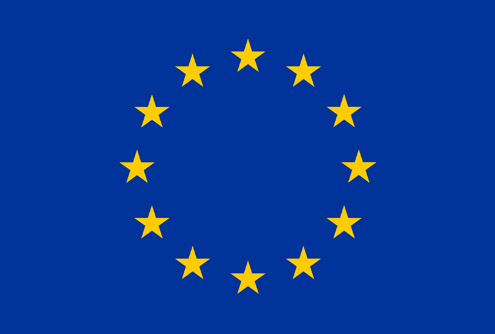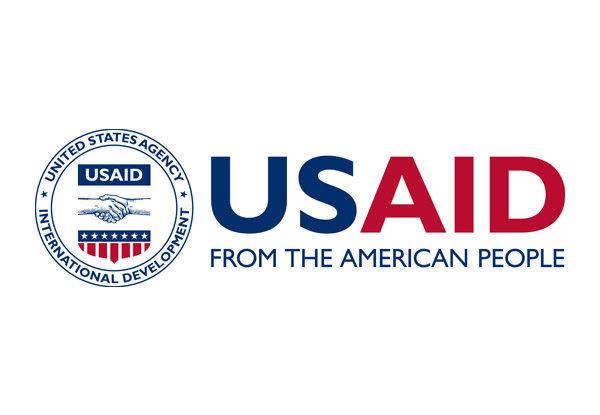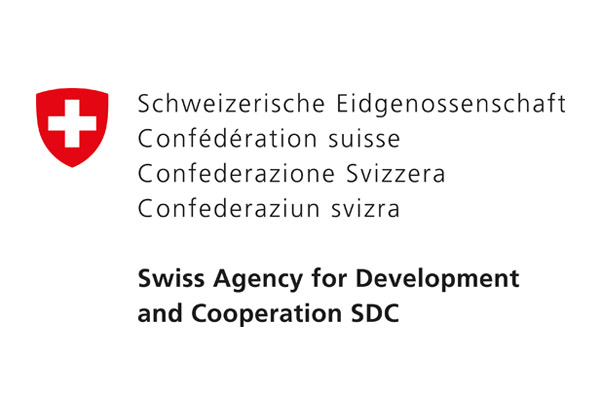IMPACT
Community-based disaster risk management
Our research has increased understanding of what makes CBDRM sustainable and institutionalised – so that locally-led initiatives can be scaled up successfully in future.
The challenge
Communities have critical knowledge, experience and capacities to build resilience, and have developed innovative approaches to reducing the ongoing disaster risks they face. But these community-based approaches are rarely scaled out nor systematically embedded within national policies and practice.
Our impact
We delivered a three-year project to support the sustainability and institutionalisation of community-based disaster risk management. The project was successful in achieving three key outcomes: increasing understanding, capacities and political commitments.
CBDRM success factors
We increased understanding of the common success factors for the scale out of community-based disaster risk management (CBDRM) by researching and analysing 264 community projects. Coordinated by GNDR and implemented by nine leading civil society organisations across Africa, Asia and the Americas, the outcome was a published set of best practice approaches to ensuring sustainability and institutionalisation.
Sustainability – defined as the ability to be maintained at a certain rate or level or period of time – included key characteristics such as permanence, effectiveness, ownership, adaptiveness and inclusion.
Institutionalisation- defined as the action of establishing something as a norm in an organisation or culture – covered characteristics including policy environment, structures and mechanisms, capacities, culture, funding and accountability.
The publication, Cookbook on Institutionalising Sustainable CBDRM, also includes a series of 10 in-depth case study examples that demonstrate the success factors working on-the-ground.
CBDRM Cookbook
Our guidebook provides essential insight into the key success factors for making community-based disaster risk management (CBDRM) sustainable and institutionalised.
Learn moreCapacity strengthening
We organised six global country exchange visits between community-based organisations. These unique learning opportunities were held between India and the Philippines, Burkina Faso and Niger, and Chile and the Dominican Republic.
Participants from the Philippines learnt about a trans-border early warning system between a remote community in India and the hydro-meteorological department in Nepal. In exchange, GNDR members from India learnt from a community in the Philippines who had set up local disaster preparedness organisations that engage both the most at-risk communities along with local authorities.
In Burkina Faso members from Niger had the chance to see how the harvesting and production of shea butter was being used to protect the environment. Those from Burkina Faso visited a community in Niger that had reforested a 77-hectare area of land in order to reduce the threat of flooding and simultaneously retain drinking water.
A community organisation from Chile learnt about local empowerment and all-of-society approaches to disaster risk reduction in the Dominican Republic. In exchange those members learnt how community members had self-organised a disaster risk management training course in Chile.
In total 92 people took part in country exchanges, with each exchange resulting in the joint design and implementation of six sustainability plans for community-led disaster risk reduction projects.
A training of trainers course was also provided to each national project partner covering disaster preparedness, mitigation and management. This enabled them to then train over 400 participants from smaller, local civil society organisations. These sessions focused on understanding community-based disaster management, the critical success factors for sustainability and institutionalisation, and how to apply them. Training was delivered in India, Niger, Burkina Faso, Chile, Dominican Republic and the Philippines.
Increasing political commitment
The project partners shared their learning directly with local government authorities and organisations working at national and regional levels, with the aim of building political commitment and accountability to communities most at risk.
To support these activities, advocacy training was provided to the project partners by the GNDR Secretariat. Six partners then held local workshops with other civil society organisations and key stakeholders to develop joint national advocacy plans.
Awareness-raising campaigns were run by partner organisations in each country demanding change from their governments. The successful campaigns led to national collaboration meetings, attended by national government authorities responsible for disaster management, national civil society organisations and the media. Attendees discussed the gaps identified and the commitment required from all stakeholders. In total, the advocacy initiatives engaged over 300,000 individuals globally.
Following the success of our initiative, the project funder, USAID, has revised aspects of their funding application guidelines to incorporate the key factors for making CBDRM sustainable. The significance of this is that organisations applying for funding (in the building community awareness/mobilisation sub-sector) need to outline all of the considerations and will not receive funding without satisfying those elements in their program designs.
Project Funded By
European Union

Lorem ipsum dolor sit amet, consectetuer adipiscing elit, sed diam nonummy nibh euismod tincidunt ut laoreet dolore magna aliquam erat volutpat. Ut wisi enim ad minim veniam, quis nostrud exerci tation ullamcorper suscipit lobortis nisl ut aliquip ex ea commodo consequat.
View their websiteCompany Name Here

Lorem ipsum dolor sit amet, consectetuer adipiscing elit, sed diam nonummy nibh euismod tincidunt ut laoreet dolore magna aliquam erat volutpat. Ut wisi enim ad minim veniam, quis nostrud exerci tation ullamcorper suscipit lobortis nisl ut aliquip ex ea commodo consequat.
View their websiteBecome a member
Applying for membership is easy. Eligible organisations just need to complete our online application form and upload a couple of documents that confirm the organisation they work for.
If your organisation is already a GNDR member you can simply register yourself as an individual. We will then link you to your organisation and you can access all benefits.
Join GNDR


